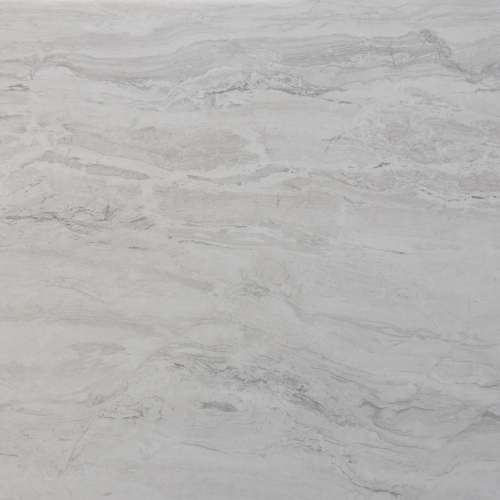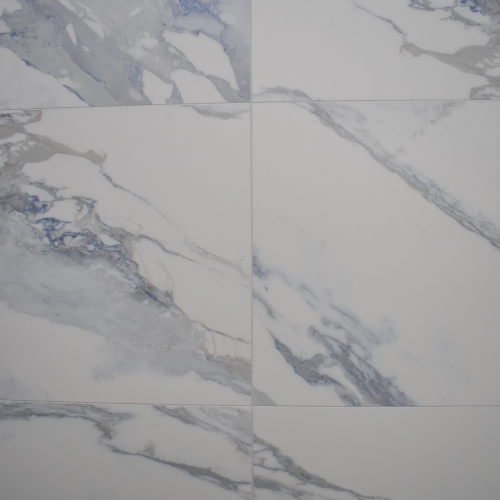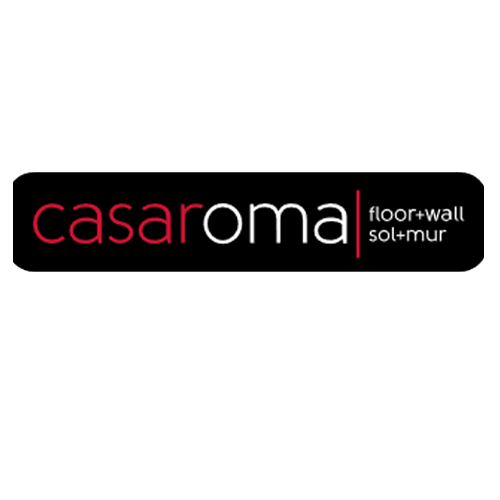For high traffic, wet rooms such as bathrooms, kitchens, laundry rooms and hallways, ceramic and porcelain tile are outstanding, time-tested flooring choices. While the words ceramic and porcelain are often used interchangeably, they are different. The main difference is that porcelain tile is more impervious to water than ceramic tile.
Porcelain Tile
- Porcelain clays are denser with a higher feldspar content than ceramic clays. This makes porcelain tile harder and more impervious to moisture than ceramic tile.
- Porcelain tile can be used both indoors and outdoors due to its water and impact resistance. It is approximately 40% more impact resistant than glazed ceramic tile.
- Porcelain tile can be customized to look like any material or pattern and can be coated for additional traction.
If porcelain tile is chipped, it is the same colour all the way through. Thus, a chip is not as apparent.

Ceramic Tile
- Ceramic tile is compressed under very high temperatures and is available glazed or unglazed. Glazing can produce different finishes to mimic patterns or textures.
- Ceramic tile is not durable enough for exterior use because it absorbs too much water.
- Ceramic tile is one of the more affordable flooring options.
- If ceramic tile is chipped, there is a different colour under the glaze so a chip may be more noticeable.

Ceramic tile is perennially popular flooring. Both porcelain and ceramic tile are available in a variety of sizes, colours and designs. They can be customized or glazed to mimic natural stone, marble or wood grain textures. The hard, solid surface of porcelain and ceramic tile does not attract or retain dirt, pollen or allergens, making these tile choices good for those with allergies. Tile is durable, easy to clean and water-resistant (porcelain more so than ceramic), making it especially ideal for bathrooms, kitchens, laundry rooms and foyers.
We carry the following Ceramic/Porcelain brands:










